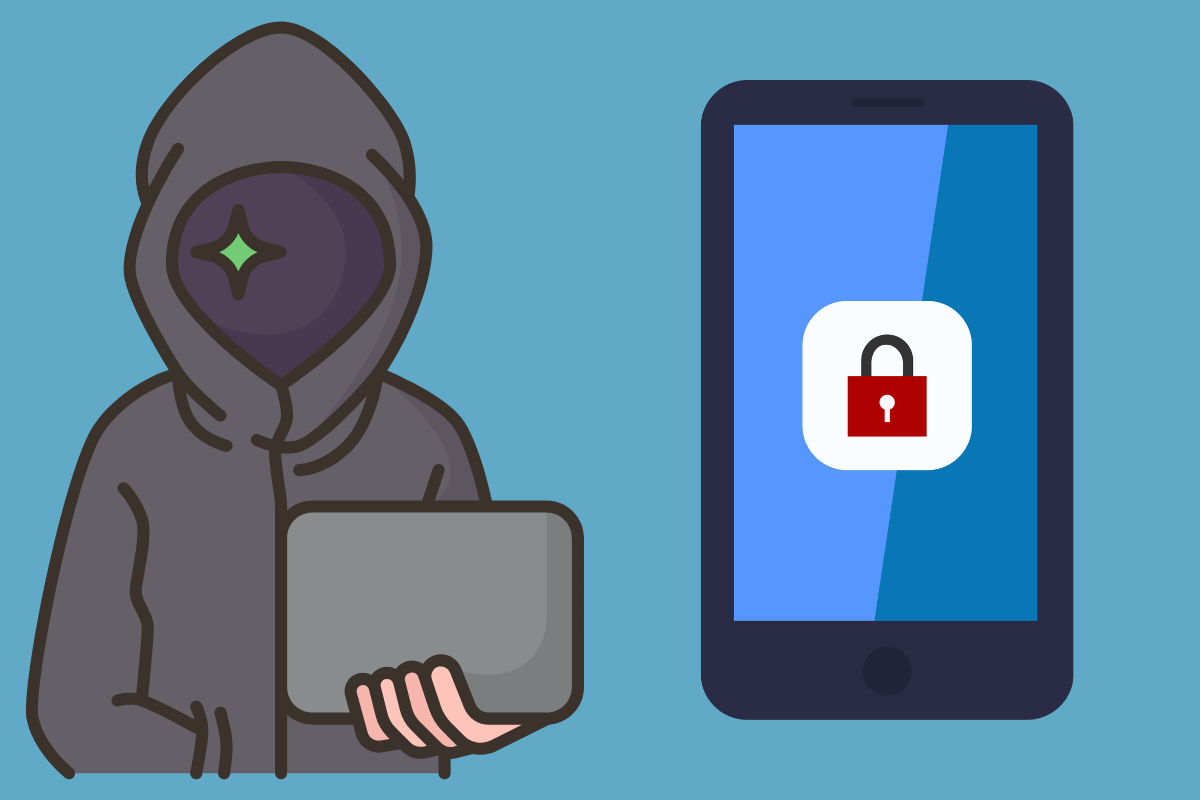Social engineering targets human error, making security training and policies essential.
When we think of cyber threats, we tend to envision masked hackers breaking through firewalls and inserting malicious code into our systems. Therefore, it often comes as a surprise when people realize that one of the biggest dangers facing law firms today is human error.
Social engineering, which relies on manipulating people rather than breaking into systems, is one of the most effective ways cyber criminals gain access to sensitive information. This type of attack uses psychological manipulation to trick individuals into giving away confidential information or performing actions that compromise security.
For law firms, which handle highly sensitive client data and financial transactions, social engineering poses a serious risk. Understanding how these attacks work and what steps can be taken to prevent them is key to protecting your office.
What Is Social Engineering?
Social engineering refers to a range of tactics that exploit human behavior rather than weaknesses in technology. While these attacks come in many forms, their success is based on the fact that humans, not machines, are often the weakest link in a security chain.
- Phishing: Perhaps the most well-known form of social engineering, phishing typically involves sending fake emails or messages that appear to be from a trusted source. The goal is to trick the recipient into clicking a malicious link or sharing sensitive information, such as login credentials.
- Pretexting: In a pretexting attack, the attacker creates a fabricated scenario to obtain information from the victim. For example, a cyber criminal might pose as an IT staff member asking for login details to “fix” a technical issue.
- Baiting: In this type of attack, the attacker offers something enticing to gain the victim’s trust. It could be as simple as leaving an infected USB drive in a law firm’s office labeled with something tempting like “Confidential Case Files.” Once someone plugs the device into a computer, malware is installed.
- Tailgating: Tailgating involves physically following someone into a secure area without proper authorization. For example, an attacker might follow an employee through a secure door by pretending to have forgotten their key card, exploiting the politeness of the employee.
Why Law Firms Are Prime Targets
Law firms are especially vulnerable to social engineering attacks due to the nature of the information they handle. Cyber criminals know that lawyers deal with sensitive client information, financial transactions, and intellectual property, making them attractive targets. A successful social engineering attack on a law firm can lead to:
- Data Breaches: Leaked client information can have devastating consequences, including loss of client trust, lawsuits, and regulatory fines.
- Pretexting: In a pretexting attack, the attacker creates a fabricated scenario to obtain information from the victim. For example, a cyber criminal might pose as an IT staff member asking for login details to “fix” a technical issue.
- Financial Losses: Phishing or pretexting attacks that trick employees into transferring money to fraudulent accounts can result in significant financial damage.
- Reputational Damage: The legal profession is built on trust. A security breach resulting from a social engineering attack can tarnish a law firm’s reputation, potentially driving clients away.
Moreover, law firm employees are often overwhelmed by their workloads and the constant influx of emails and messages. This makes them more susceptible to making mistakes, such as clicking on a phishing email or sharing login details without proper verification.
How to Protect Your Law Firm
While no law firm is completely immune to social engineering attacks, there are several steps that can be taken to minimize the risks.
Employee Training
The most effective defense against social engineering is employee awareness. Every member of your law firm, from senior partners to administrative staff, should be trained to recognize social engineering tactics. Regular training sessions can help employees stay alert to potential threats, such as phishing emails, suspicious phone calls, or unfamiliar individuals trying to gain access to the office.
In addition to formal training, law firms can conduct simulated phishing tests to see how employees respond to fake phishing emails. This can help identify vulnerabilities and improve response times to real threats.
Verify Requests for Sensitive Information
Never share sensitive information, such as passwords or client data, without verifying the request through another communication channel. If an email or phone call requests login credentials or asks for a financial transaction to be made, always verify the request through a phone call or in-person confirmation.
For example, if a senior lawyer receives an email from a colleague asking to transfer funds, it’s a good practice to call that person directly to confirm the request is legitimate. This simple step can prevent many social engineering attacks from succeeding.
Use Two-Factor Authentication (2FA)
Two-factor authentication (2FA) adds an additional layer of security to your law firm’s systems. Even if an attacker manages to obtain an employee’s password, they will still need access to a second form of identification, such as a text message or authentication app, to log in. This can significantly reduce the chances of a successful social engineering attack.
Limit Access to Sensitive Information (2FA)
Not all employees need access to every piece of information in your law firm. By limiting access to sensitive data, you reduce the risk of that information being compromised in a social engineering attack. Role-based access control (RBAC) is a method that allows employees to retrieve only the data necessary for their job functions, which can prevent a breach.
Implement Strong Security Policies
Law firms should have clear security policies in place that dictate how sensitive information is handled. These policies should include guidelines on how to respond to suspicious emails, phone calls, or in-person interactions. Encourage employees to report anything unusual, even if they are unsure whether it constitutes a real threat.
Monitor and Review Systems Regularly
Regularly reviewing your firm’s security systems and logs can help you spot potential vulnerabilities before they are exploited. Ensure that your IT department or external security provider monitors for unusual activity, such as repeated login attempts or unauthorized access requests.
Staying Ahead of the Threat
Social engineering attacks are evolving, and law firms must stay vigilant to protect their operations, clients, and reputation. By focusing on training employees, verifying requests, and implementing strong security measures, they can guard against these manipulative tactics. Remember- the weakest link in any security chain is often human error. Don’t let it compromise your firm’s future.










